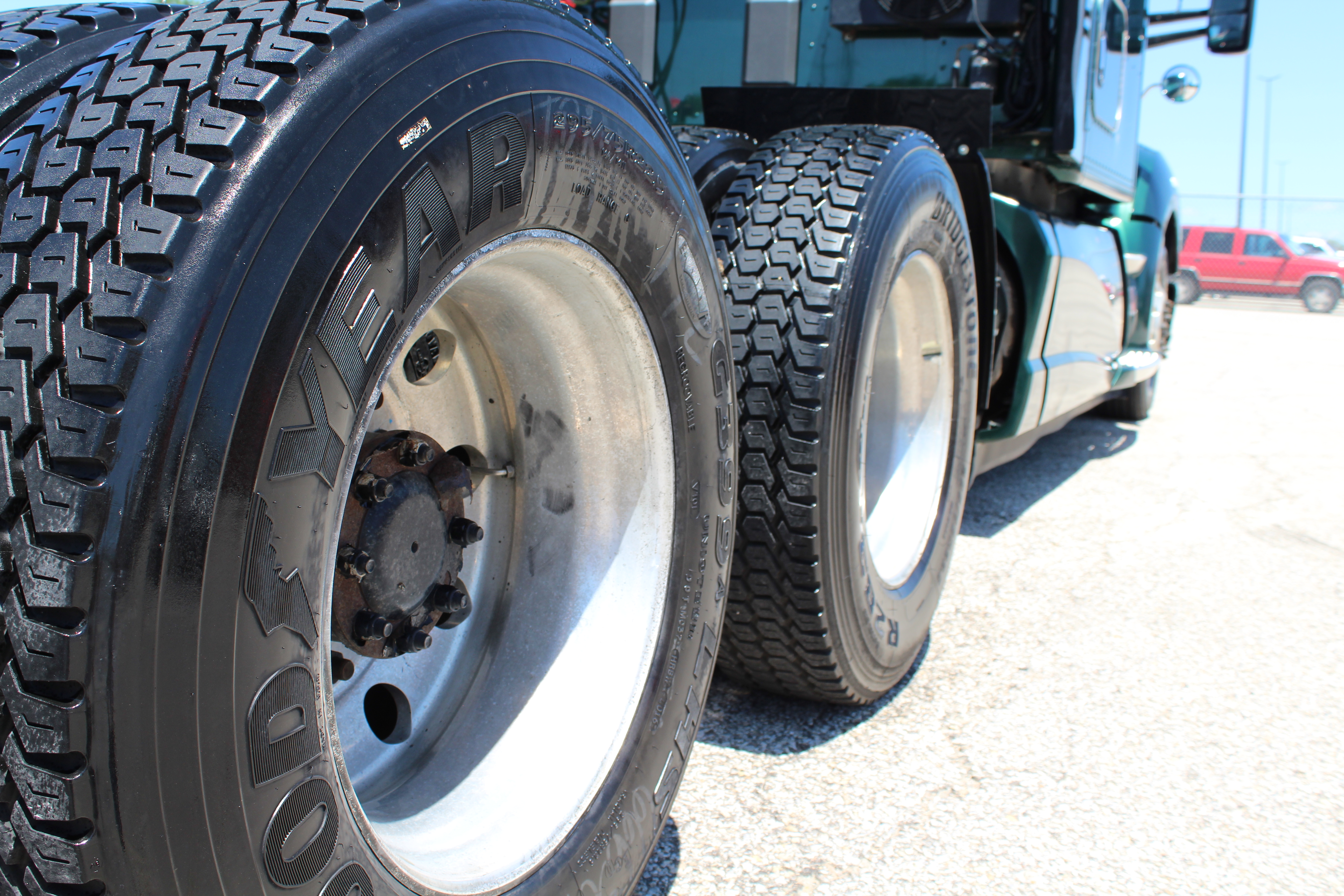Eco-Friendly Tread Choices for the Sustainability-Minded Truck Driver

As the demand for sustainable practices continues to rise, truck drivers are increasingly seeking eco-friendly tire options that align with their environmental values. Semi-trucks are essential for transporting goods across large distances, but the impact of standard tires on the environment cannot be overlooked. This article explores the top eco-friendly tire choices available for semi-truck drivers who are committed to minimizing their carbon footprint while maintaining safety and effectiveness on the road.
Choosing the right tires for your semi-truck goes beyond just performance. With advancements in technology and a growing emphasis on sustainability, there are multiple factors to consider, including fuel efficiency, durability, and the materials used in production. Understanding the options available can help environmentally aware truck drivers make informed decisions that not only benefit the environment but also enhance their operational efficiency. In the following sections, we will delve into the essential aspects of tire selection, maintenance tips, and the innovative brands that are pioneering the charge toward greener trucking solutions.
Selecting the Best Tires for Your Semi-Truck
Selecting the right tires for your semi-truck is essential for ensuring optimal performance and safety on the road. As you make your choice, think about the individual needs of your freight and the routes you will be driving. Various tires are designed for different conditions, such as all-season or winter tires, which can substantially affect handling and grip. Considering factors like load capacity, tread type, and the atmospheric conditions you typically encounter can help guide your decision.
It's also essential to understand the differences between steer and drive tires. Steer tires are specifically designed for the front of the truck, offering better control and stability. In contrast, drive tires are engineered for the rear, ensuring traction and durability for heavy loads. Matching the appropriate type of tire to its appropriate position on the truck can enhance performance and prolong the lifespan of your tires, leading to financial benefits and improved safety.
Finally, don’t ignore the importance of load ratings and tire pressure. Each tire has specific ratings that indicate how much weight it can adequately carry, which is essential for compliance with DOT regulations and for maintaining vehicle stability. Confirming that your tires are properly inflated according to manufacturer recommendations is crucial for fuel efficiency and tire longevity. By considering these factors into account, you can make an informed choice that reinforces your eco-conscious driving goals.
Tire Maintenance Maintenance and Change Recommendations
Proper tire maintenance is important for ensuring the safety and efficiency of your semi-truck. One of the key aspects is routine inspections. Truck drivers should properly check their tires for signs of damage, such as cuts, injuries, or swelling, before every trip. Additionally, maintaining adequate tire inflation is crucial. Under-inflated or over-inflated tires can lead to decreased fuel efficiency and higher wear. It is recommended to use a reliable tire pressure monitoring system to keep track of tire pressure in real-time.
Knowing when to replace your semi-truck tires is just as important to avoid accidents and costly breakdowns. Clues that indicate it may be time for replacement include uneven tire wear, apparent tread wear indicators, and age-associated deterioration. Most manufacturers recommend replacing tires around six to ten years, regardless of whether the tread looks adequate. Keeping an eye on tire health helps to prevent blowouts and ensures better handling and fuel efficiency on the road.
Consistent maintenance practices, such as adequate rotation, alignment, and balancing, can significantly extend the life of your semi-truck tires. Rotating your tires approximately 5,000 to 8,000 miles is suggested to ensure even wear. Additionally, maintaining the appropriate load ratings and tire pressure based on your freight is crucial for optimal tire performance. Following these guidelines not only extends the longevity of your tires but also improves the safety and efficiency of your trucking operations.
Sustainable Choices and Innovations in Lorry Tires
The tire industry is steadily centered around environmental responsibility, leading to the introduction of green options for freight truck tires. pneu 11r24.5 is the utilization of sustainable materials, such as natural rubber and soy-based resins, which lower the ecological impact compared to conventional petroleum-based products. Manufacturers are also testing with upcycled materials in tire production, which not only lessens waste but also lowers the carbon footprint linked to tire manufacturing.
Another important trend is the introduction of retread tires, which offer a sustainable alternative to purchasing entirely new tires. Retreading lengthens the life of tires by swapping the worn tread, thereby saving resources while providing a affordable solution for truck operators. Many fleets are utilizing retreaded tires as a way to improve sustainability practices without sacrificing performance. This practice not only helps in reducing waste but also supports local economies, as retreading operations often rely on regional businesses.
Technological innovations like intelligent tires equipped with tire pressure monitoring systems (TPMS) are also contributing to eco-friendliness in trucking. These systems help ensure that tires are properly inflated, lowering rolling resistance and enhancing fuel efficiency. By utilizing technology, fleet managers can optimize tire performance, leading to reduced fuel consumption and greenhouse gas emissions. As the industry continues to develop, the incorporation of sustainable practices and cutting-edge technologies will play a crucial role in reshaping how semi-truck tires are made and utilized.

